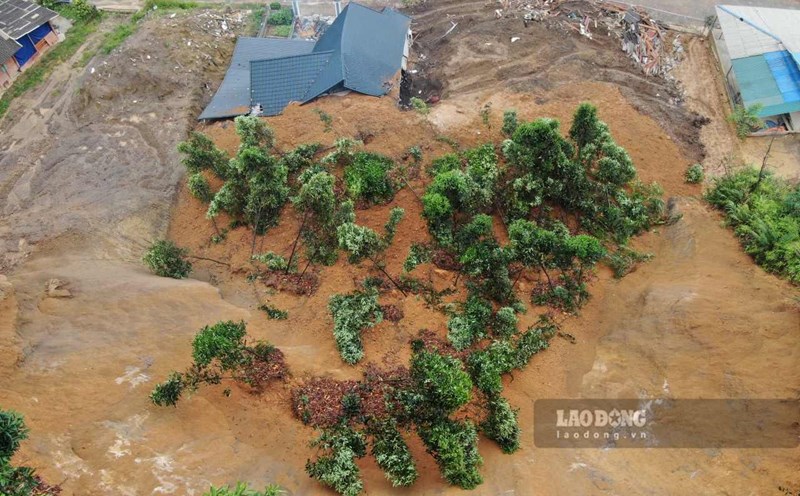At the conference on the implementation of the two-level local government model chaired by the Prime Minister in Can Tho, Minister of Home Affairs Pham Thi Thanh Tra emphasized that the Ministry is developing a set of work efficiency assessment tools (KPI) for nationwide implementation.
This is a positive signal that efforts to innovate the thinking of public service staff management are being concretized through clear and drastic actions.
For many years, the story of evaluating cadres has still relied heavily on emotion, in the general form of "not completed", "completion" or " completion of tasks well".
This makes it difficult for local leaders to detect early cases of inadequate capacity, ineffective work or lack of responsibility.
Applying KPI with specific, measurable indicators will be a strong shift from formative assessment to practical assessment, thereby creating a foundation to build a team of truly capable cadres.
In the context of merging administrative units, streamlining the apparatus and strongly decentralizing the grassroots level, this requirement becomes even more urgent. Minister Pham Thi Thanh Tra also noted: "If it does not meet the requirements, it must be adjusted and replaced immediately to ensure the quality of the staff, especially at the commune level - where the workload is very large".
This is an urgent requirement, because the commune and ward levels currently not only carry out normal administrative tasks but also directly contact and resolve the rights of people and businesses, handle hundreds of administrative procedures, and deploy a series of target programs and social policies.
In addition, some localities boldly bringing deputy department-level cadres to become commune-level leaders is considered a creative way, contributing to improving the capacity of the grassroots.
However, along with that, there is great pressure on the allocation of personnel resources in a reasonable, fair and effective manner.
And KPI is the tool to avoid leveling in assessment, and is also the basis for fairly handling cases that do not meet requirements, whether at the grassroots level or in provincial departments and offices.
Not only stopping at the role of "monitoring", KPI, if designed and applied properly, can also motivate staff to strive.
Once everyone knows that they are evaluated by specific, transparent and fair measures, the sense of responsibility and quality of work will certainly be enhanced.
Of course, KPI is not a "ghost" that can solve all shortcomings in public service management, but it is a prerequisite if we want to have a team that is "both rosy and professional" as we have always wanted.
Using KPI flexibly, in line with the characteristics of each location and locality, is the key to the two-level government model not only streamlining in organization but also being the quintessence of quality.












